Frequently Asked Questions
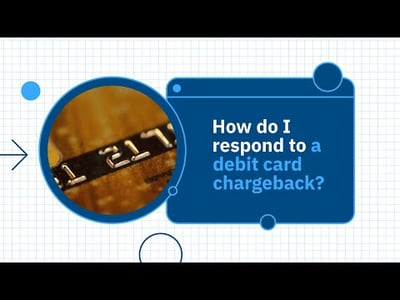 Debit Card Chargeback
Debit Card Chargeback
How do I respond to a debit card chargeback?
Debit card chargebacks are not substantially different from credit card chargebacks. The proper response depends on the circumstances of the chargeback. If the merchant determines that it is erroneous or illegitimate and has evidence that can prove such a claim, it would behoove them to pursue representment. Otherwise, it would likely be best to accept the chargeback and try to prevent future chargebacks.
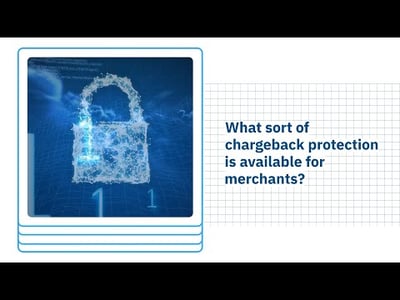 Chargeback Protection
Chargeback Protection
What sort of chargeback protection is available for merchants?
Chargeback protection comes largely in the form of preventative measures. Some of this can be as the result of simple tools like chargeback alerts or more complex tools like Rapid Dispute Resolution (RDR) or Order Insight. But these tools are only effective if the merchant can integrate them into a chargeback prevention plan. Ultimately, it is incumbent upon merchants to protect themselves from chargebacks.
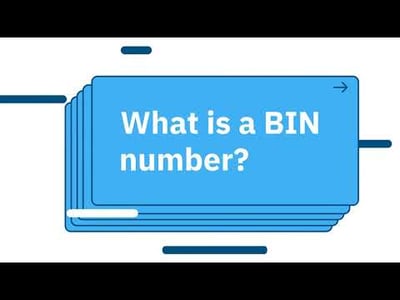 Chargeback Terminology
Chargeback Terminology
What is a BIN number?
The bank identification number (BIN) is the first four to six digits on a payment card. They identify the bank or financial institution that issued the card, the issuer's location, and the type of card.
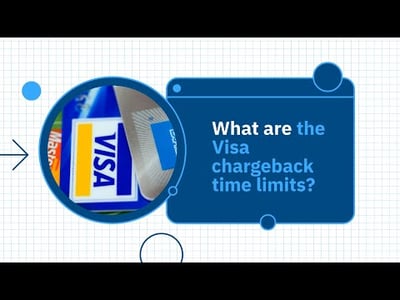 Chargeback Time Limits
Chargeback Time Limits
What are the Visa chargeback time limits?
Visa usually gives merchants 30 days to respond to each step in the chargeback process. The most notable exception is after a pre-arbitration chargeback. If the merchant wants to pursue arbitration, they have 10 days to respond.
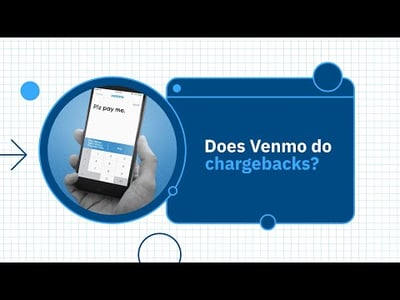 Chargebacks
Chargebacks
Does Venmo do chargebacks?
Yes. Venmo purchases are connected with a payment card or bank account, either by connecting with the user’s existing payment accounts or through a Venmo-issued Mastercard debit card. As a result, Venmo chargebacks are essentially the same as any traditional chargeback.
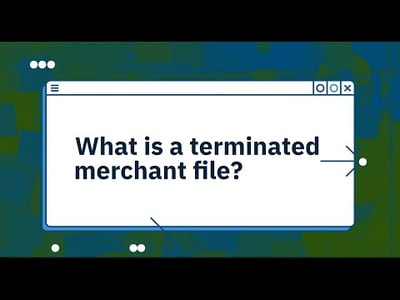 Chargebacks
Chargebacks
What is a terminated merchant file?
Terminated Merchant File (TMF) is a general term for a merchant blacklist such as the MATCH List. The MATCH List is, effectively, the only TMF currently in use. TMF used to be the more common term but, practically speaking, TMF and MATCH List can be used interchangeably. Merchants who have been placed on terminated merchant file for having excessive chargebacks are prevented from opening a merchant account with a new credit card processor.
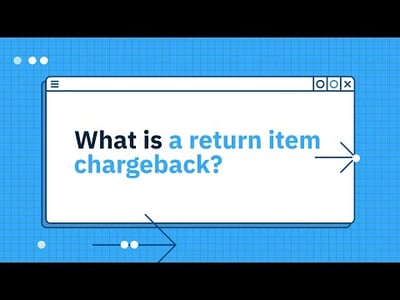 Chargeback Terminology
Chargeback Terminology
What is a return item chargeback?
A return item chargeback is something that a consumer receives from their bank if they have insufficient funds in their checking or other banking account to cover the cost of a check or withdrawal. It has nothing to do with merchants.
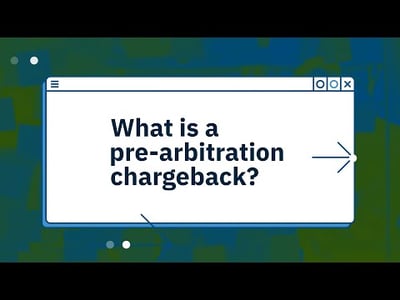 Chargeback Terminology
Chargeback Terminology
What is a pre-arbitration chargeback?
Pre-arbitration chargeback is a colloquial term used to refer to a second chargeback on a single transaction. This occurs when a chargeback is filed, reversed based on some successful representment efforts by the merchant, then reinstated by the issuer due to new information resurfacing. None of the card brands use the term “pre-arbitration chargeback” to describe this occurrence but it is nonetheless used informally within the payments industry.
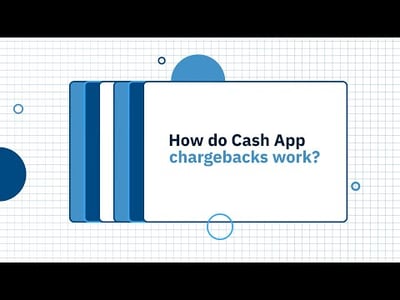 Chargebacks
Chargebacks
How do Cash App chargebacks work?
Cash App accounts are tied to a bank account with a payment card issued by either the bank or Cash App. As a result, chargebacks are possible. Cash App also has its own transaction dispute process.